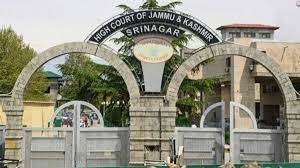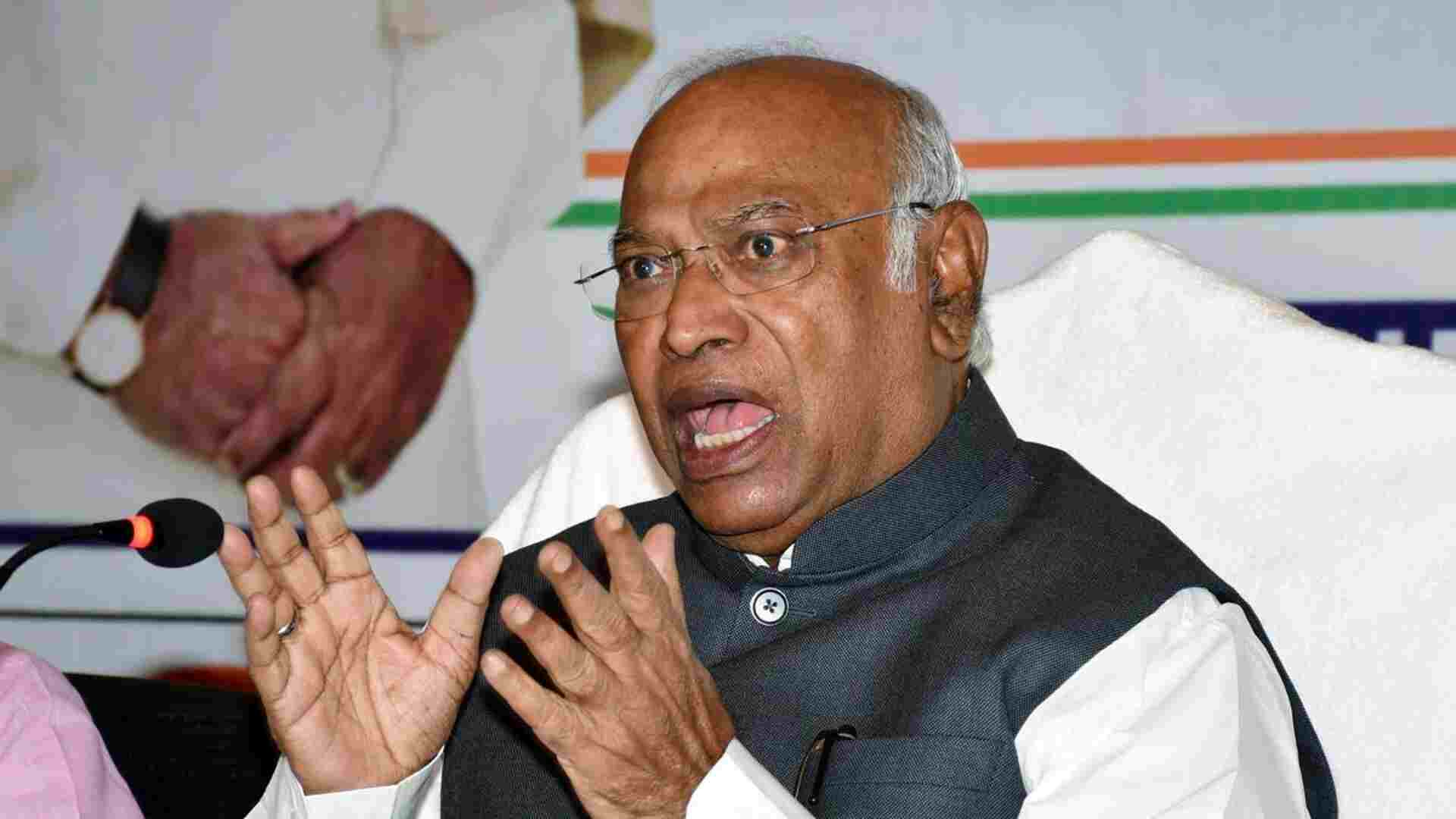
The Jammu and Kashmir and Ladakh High Court in the case Haja @ Hajira Bano Vs Gh. Mohammad Ahangar observed and has ruled that courts must adopt a liberal approach and allow amendments under Order 6 Rule 17 of the Civil Procedure Code, CPC unless they cause irreparable prejudice to the other party or change the very nature of the suit.
The bench headed by Justice M A Chowdhary in the case observed and has stated that whenever an amendment is sought before the commencement of a trial, a lenient view may be taken keeping in mind that the opposite party would have a chance to meet the case set up by amendment.
In the present case, the court was hearing the petition moved challenging the order passed by the Court of Sub Judge, Chadoora in terms of which an application seeking leave to amend her civil suit had been rejected.
The court stated that the issue raised stemmed from a dispute over ancestral property in Budgam district.
Therefore, the plaintiff, Haja Alias Hajira Bano, filed a partition suit against her brother and other family members. Thus, after the initial proceedings, she seeks to amend the plaint to include a newly discovered sale deed involving part of the property.
The Trial Court in the case observed and has rejected the amendment application citing order 2 Rule 2 of the CPC, which bars subsequent suits for claims omitted from the initial suit.
The bench of Justice Chowdhary while overturning the order passed by trial court clarified that Order 2 Rule 2 applies only to separate suits, not amendments within an existing one.
The court emphasized that the trial court had misdirected itself in rejecting the amendment application, as it did not consider the liberal approach required before the commencement of the trial.
The bench in the case observed that where the amendment is sough before commencement of the trial, which is the position in the present case as well, the Court is required to be liberal in its approach. The said court is required to bear in mind the fact that the opposite party would have a chance to meet the case set up by amendment, as such, where the amendment does not result in any irreparable prejudice to the opposite party or divests the opposite party of an advantage which it had secured as a result of admission by the party seeking amendment, thus, the amendment is required to be allowed.
The court in the case observed that the essentiality of an amendment to determine the real controversy between the parties the court noted that the Petitioner or plaintiff had sought amendment with regard to mentioning of a sale deed with regard to a portion of the Suit property and, the trial court for amendment of the Plaint was allowed and the Trial Court was directed to take on record the Amended Plaint for further proceedings in the case as per law.
The court while considering the facts and circumstances of the case observed and has allowed the application moved by the Petitioner or plaintiff before the Trial Court wherein the court directed to take on record the Amend Plaint for further proceedings in the case as per the law.
Accordingly, the court allowed the plea.















